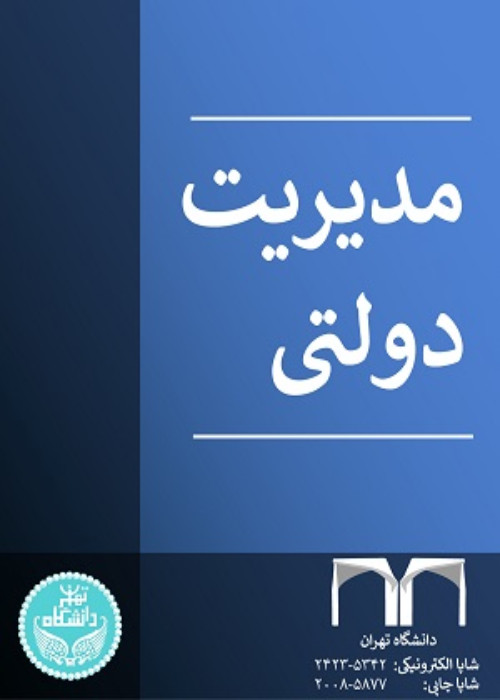Investigating the Challenges and Providing a Solution to Improve the Effectiveness of the Revenue Forecasting System in Iran's State Budgeting System
The budget plays a crucial role in managing and administering the public sector, with revenue forecasting being an integral component. Essentially, forecasting is fundamental for management decisions; it is the process of estimating future events, aimed at minimizing risk in decision-making. Accurate revenue forecasting is vital as it establishes the parameters for the budget; however, its complexity arises from the influence of various external factors. Underestimating revenues can result in shortfalls, hindering the provision of essential services and potentially leading to an unexpected budget surplus at year-end. Conversely, overestimating revenues might necessitate cuts in critical services, possibly causing a budget deficit. This research explores the challenges and issues within Iran's government budgeting system's resource forecasting system. It seeks to bridge the gap between the approved and performance budgets, proposing improvements to resource forecasting in Iran's budgeting system.
A qualitative research approach was meticulously employed, involving in-depth, semi-structured interviews with 14 seasoned budgeting experts from Iran's renowned Program and Budget Organization. These experts were carefully selected through a comprehensive snowball sampling method. The research process was methodically structured and included several key steps: Firstly, with the explicit permission and consent of the interviewees, each interview was fully and accurately recorded. Subsequently, the entire content of each interview was diligently transcribed. Following this, the researchers engaged in a thorough re-reading and meticulous study of the data several times. This deep immersion and connection with the material enabled the researchers to begin taking detailed notes and to systematically extract common concepts and themes from the interviews. To ensure the highest level of research validity and reliability, the study's findings were rigorously assessed using the well-established Lincoln and Guba criteria.
The data gleaned from these comprehensive interviews were meticulously coded and analyzed through a thematic analysis approach. A total of 175 primary codes were extracted from the data, leading to the identification of 28 distinct sub-themes and two overarching main themes: the multifaceted challenges in resource forecasting and a range of potential solutions for substantial improvement.
The findings underscore challenges in resource forecasting, such as the gap between theoretical and practical applications, difficulties in converting capital into revenue, the proliferation of rent-seeking in government institutions, public distrust in government, the influence of external and internal conditions on government resources, and flaws in the monitoring system. Additional challenges include producing inaccurate budget reports, fictitious budget figures, a lack of unified planning and management, an absence of a structured resource collection framework, non-adoption of innovative forecasting methods, excessive dependence on oil revenues, budget politicization, and a deficit in transparency, accountability, and expert or tax collector involvement. Proposed effective solutions include depoliticizing the budget, establishing unified control over government revenues, reforming the tax system, implementing performance-based budgeting, enhancing financial transparency, reducing oil dependency, leveraging government capital assets for reinvestment, setting specific budgeting goals and plans, ensuring investment security through economic stability, improving forecasting accuracy with contemporary methods, and fostering public trust through transparent practices and technical budgeting tools involving experts.
- حق عضویت دریافتی صرف حمایت از نشریات عضو و نگهداری، تکمیل و توسعه مگیران میشود.
- پرداخت حق اشتراک و دانلود مقالات اجازه بازنشر آن در سایر رسانههای چاپی و دیجیتال را به کاربر نمیدهد.



